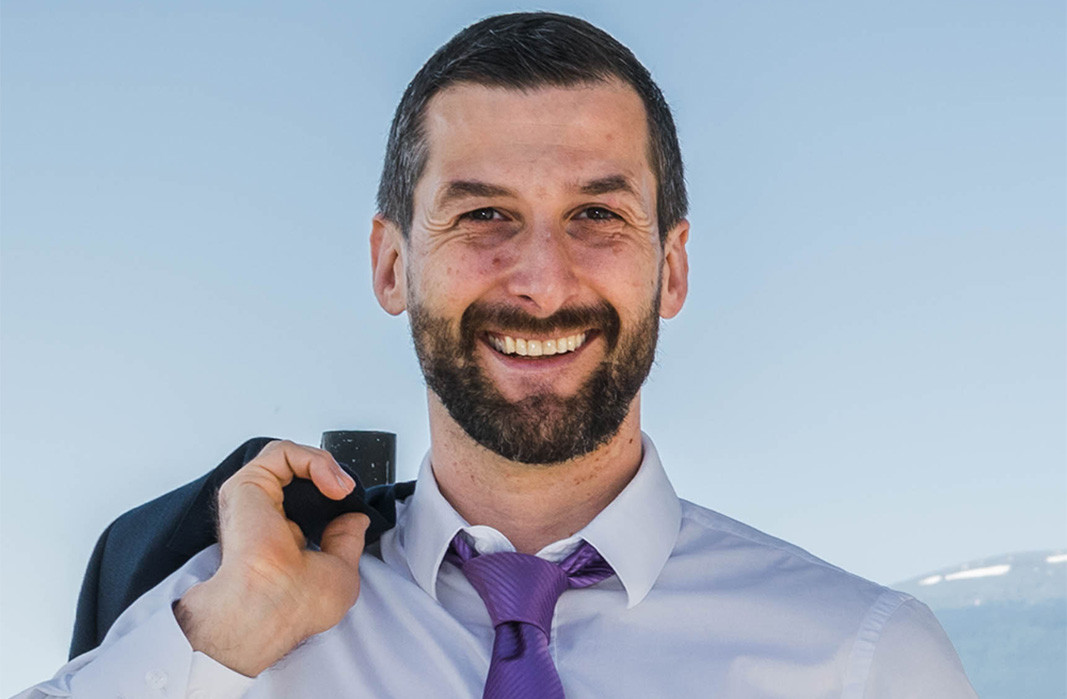Google's cars are back to Bulgaria and will be working on updating Google maps in the region by October. The last such update for Google Maps and Street View in Bulgaria was made in 2019, but this year it will be much larger and will include completely new routes as well as cultural and historical sites.
For the necessary data registration in Bulgaria Google will use 4 cars equipped with 8 cameras that capture 360-degree images and GPS coordinates. They are also equipped with Lidar – a technology for remote measurement of distances by illuminating the target with laser light and measuring the time for which the reflected light returns to the sensor. This creates digital 3D images of the target.

For the months when Google cars are in Bulgaria, they will pass through 47 Bulgarian cities and towns. For the first time, places such as Gotse Delchev, Dupnitsa, Sandanski, Petrich, Kyustendil, Pazardzhik, Panagyurishte, Velingrad, Hissarya, Asenovgrad, Tervel, Lukovit, Kotel and Montana will be filmed.
Newly built roads in the country will also be registered. According to statistics, since 2014 there are about 200 kilometres of new highways and hundreds of kilometres of new first-class roads in Bulgaria. The shooting of many natural landmarks and pedestrian areas will also be part of the update.
Such information as offered by Google Maps and Street View has value only when it is up-to-date, true and adequate, says Georgi Malchev, a digital marketing specialist.

With the new routes and current data, according to him, the company meets the desire of consumers to have the opportunity to virtually visit a place before doing so in person.
This year the Google teams will capture on camera cultural landmarks inaccessible to cars, such as Old Plovdiv, the Seven Rila Lakes, the Botanical Garden in Balchik, the Seaside Park in Varna and the Belogradchik Rocks.
Pedestrians' faces and car plate number will be covered so that all requirements for personal confidentiality are met. Ventsislav Karadzhov from the Commission for Personal Data Protection told BNR that large corporations follow the rules when filming public places and there is no reason for people to worry about a violation of their rights.

Globally, Google Maps and Street View are used daily by more than 1 billion people in 86 countries around the world. The company plans to show in the future not only the fastest, but also the most environmentally friendly route. Thus, the use of the software is expected to reduce pollution.
Edited by Vessela Krasteva /based on an interview of Dobromir Videv, BNR- Horizont/
English version Rositsa Petkova
Photos: Dobromir Videv and digitalstars.bgA new book "Bulgarian communities in Albania and Kosovo. Socio-political processes and demographic consequences (1913-2024)" was presented in Sofia. The work of Assoc. Prof. Spas Tashev, demographer at the Bulgarian Academy of..
Students block the entrances to the Radio and Television of Serbia For 12 days now, students and citizens have been blocking the entrances to Serbia’s national radio and television broadcaster (RTS) in protest against how the state media is..
In the Schaarbeek municipality of Brussels, there is a small corner of Bulgaria inside the Sophia Municipal Library, housing a valuable collection of Bulgarian books. Librarian Aaron Willem played a key role in setting up the Bulgarian section of the..
International Labor Day on May 1 in the mass consciousness of Bulgarians is often associated with the period of socialism and the grandiose demonstrations..
This evening, at 6pm, a prayer service will be held in the courtyard of the Great Basilica, followed by a festive concert dedicated to the 1160th..

+359 2 9336 661
